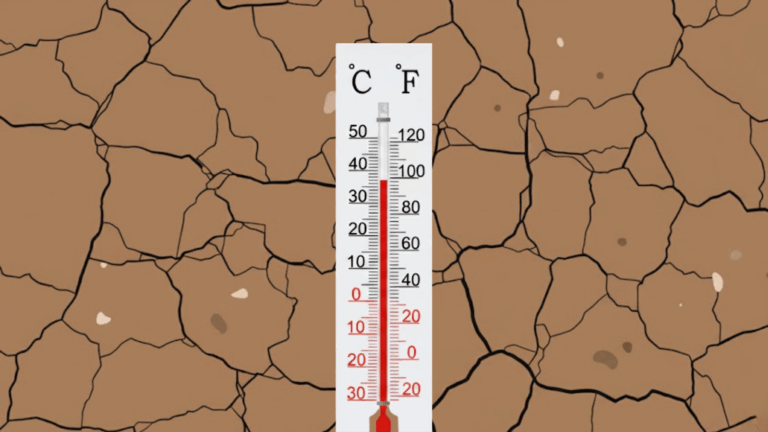This website uses cookies as well as similar tools and technologies to understand visitors’ experiences. By continuing to use this website, you consent to Columbia University’s usage of cookies and similar technologies, in accordance with the Columbia University Website Cookie Notice.
The Center on Global Energy Policy hosted a presentation and discussion of the IEA’s Renewable Energy Market Report 2017 with Heymi Bahar, Renewable Energy Markets Analyst at the International Energy Agency and Project Manager of the Report.
This report examines how renewable energy in the power, heat and transportation sectors will evolve over 2017-22 in the context of global decarbonization goals. It explores recent renewable deployment, policy, market and cost trends across different regions and countries, particularly as costs for wind and solar PV continue to fall. This year’s report includes additional analysis on renewable consumption of electricity vehicles and off-grid solar PV segment.
The Renewable Energy Market Report 2017 also assesses the potential impact of enhanced policy action for the electricity and transport sector under its accelerated case, which would position the world firmly on a path to a more sustainable and secure energy system.
More Episodes
Electricity Markets in Transition
In April 2016, the Center on Global Energy Policy brought together senior energy and climate leaders to discuss pressing issues at the intersection of energy policy, financial markets,...

America’s Energy Position After the Oil Price Collapse
In April 2016, the Center on Global Energy Policy brought together senior energy and climate leaders to discuss pressing issues at the intersection of energy policy, financial markets,...

Turning the Page: Reintegrating States After Sanctions
CGEP program director, Richard Nephew moderates a panel discussion on post-sanctioned jurisdiction, examining the decision to remove sanctions against Myanmar, Cuba, and Iran, and exploring ways in which sanctions...

Patrick Pouyanne, Chairman of the Board and CEO, Total
In April 2016, the Center on Global Energy Policy brought together senior energy and climate leaders to discuss pressing issues at the intersection of energy policy, financial markets,...

Relevant
Publications
Regulatory Progress for Project-Based Carbon Credit Markets: Pre-COP30 Roundtable Summary
On November 6, 2025, in the lead-up to the annual UN Conference of the Parties (COP30), the Center on Global Energy Policy (CGEP) at Columbia University SIPA convened a roundtable on project-based carbon credit markets (PCCMs) in São Paulo, Brazil—a country that both hosted this year’s COP and is well-positioned to shape the next phase of global carbon markets by leveraging its experience in nature-based solutions.

Opinion: Time for CT to rethink its climate strategy
Connecticut needs an honest debate, and fresh thinking, to shape a climate strategy fit for today, not 2022.

Climate Ambition and Electricity Affordability: Lessons from Connecticut

COP30 and Beyond: The Implications of a New Era of Discord in Global Climate Politics
As diplomats meet in Brazil for COP30, global resolve to tackle the climate challenge appears badly frayed.



